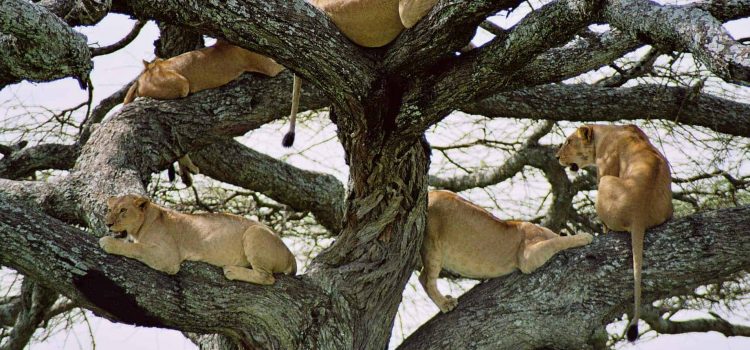In the world of conservation you get the doers and the talkers. While many camps or operations are quick to slap ‘green’ all over their products and tours, one group have actually taken the initiative to give the industry a serious audit. This is Africa’s Finest.
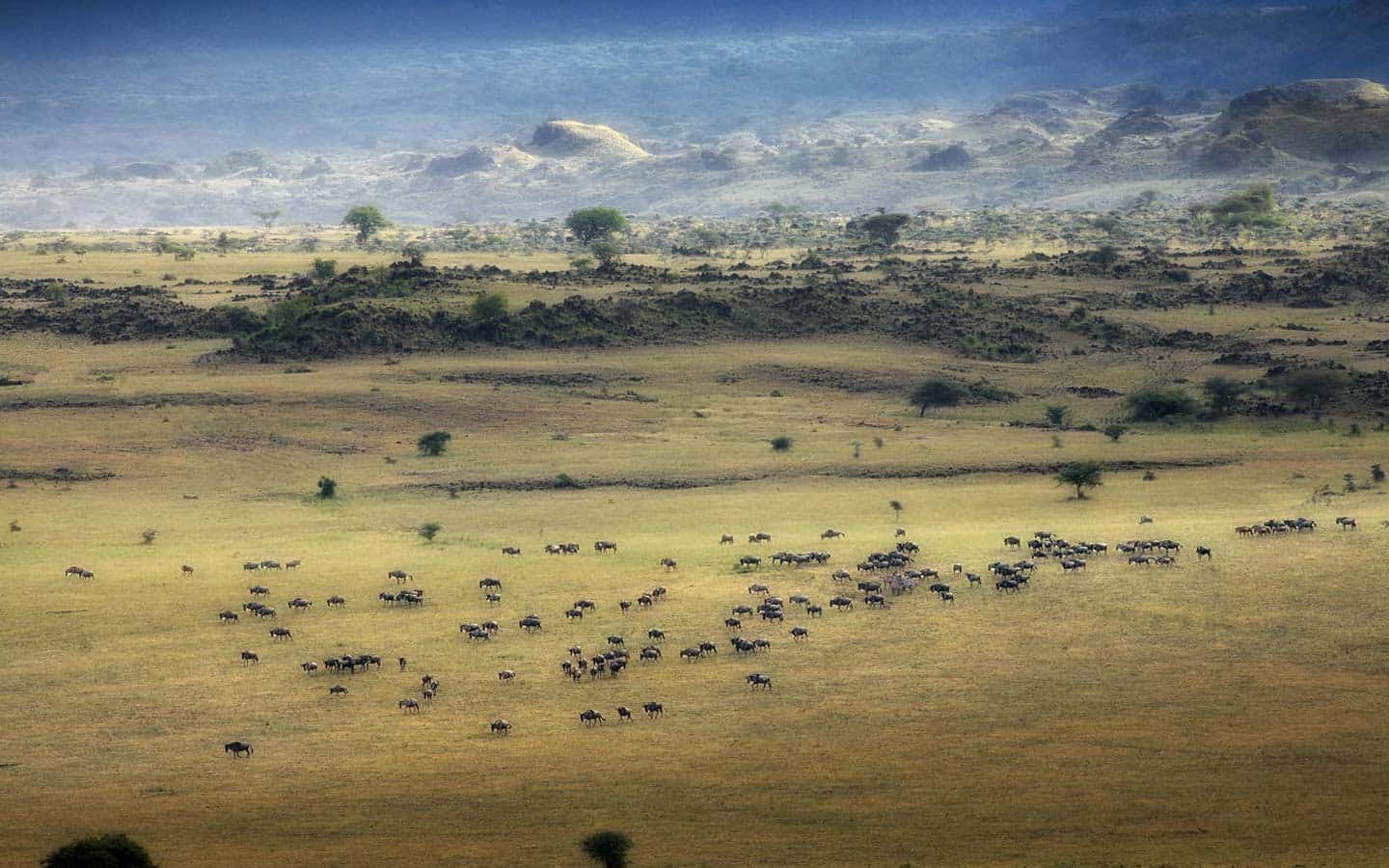
The project was founded in 2010 by Colin Bell, a founder of Wilderness Safaris and the Great Plains Conservation initiative. Three years later the result is an exhaustive report that tables some 170 operations in Sub Sahara Africa and its related Indian Ocean Islands (Seychelles and Madagascar) that have met the highest standards for sustainable tourism.
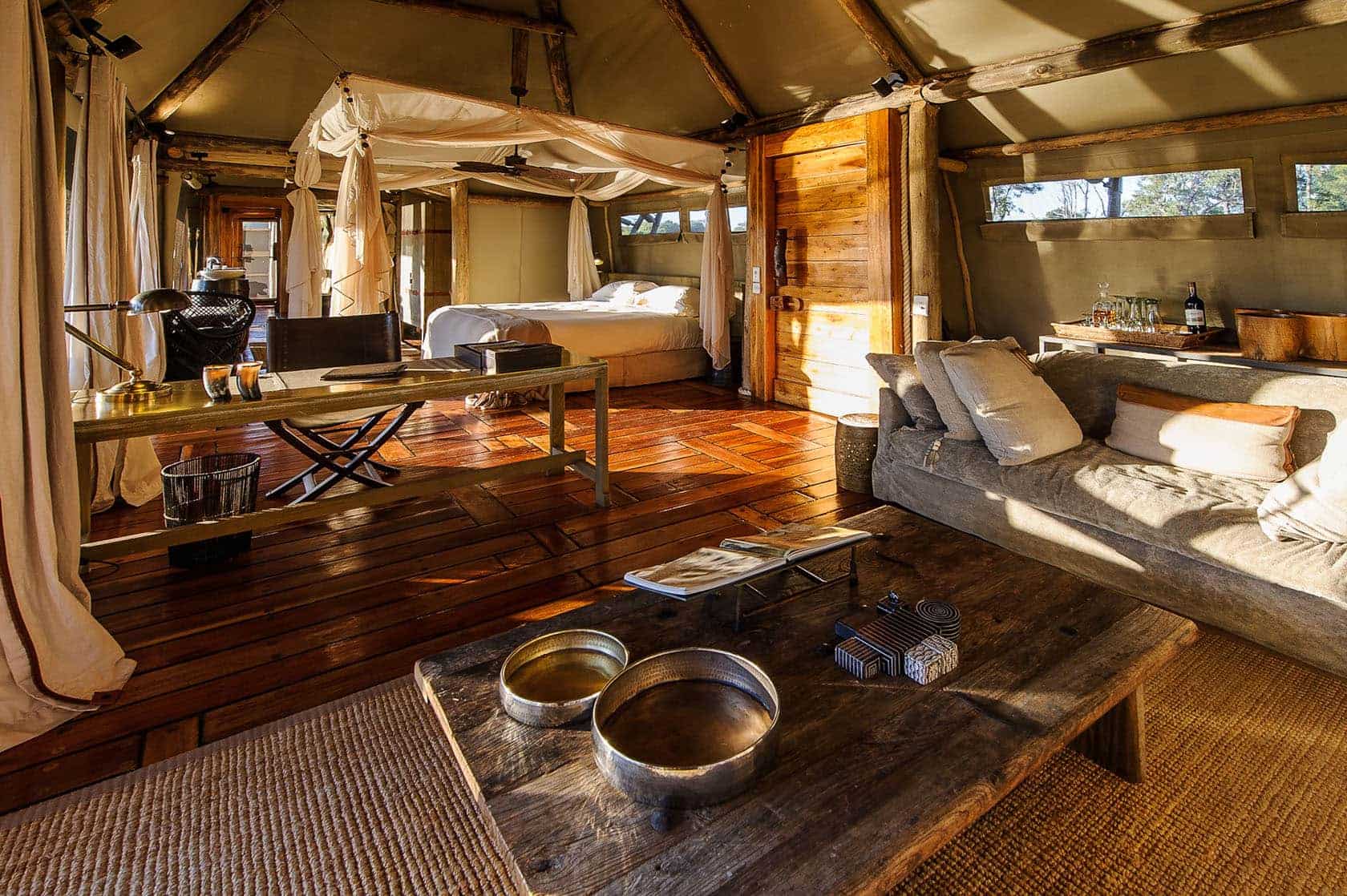
These camps are published in a big beautiful book, which had shortlisted 250 camps that were personally visited by a various members of a team of nine independent environmentalists, and graded according to a set criteria of benchmarks. You can thus be certain that the featured lodges and camps are Africa’s best sustainable tourism operators. Those receiving more than 80 per cent have been given special commendation.
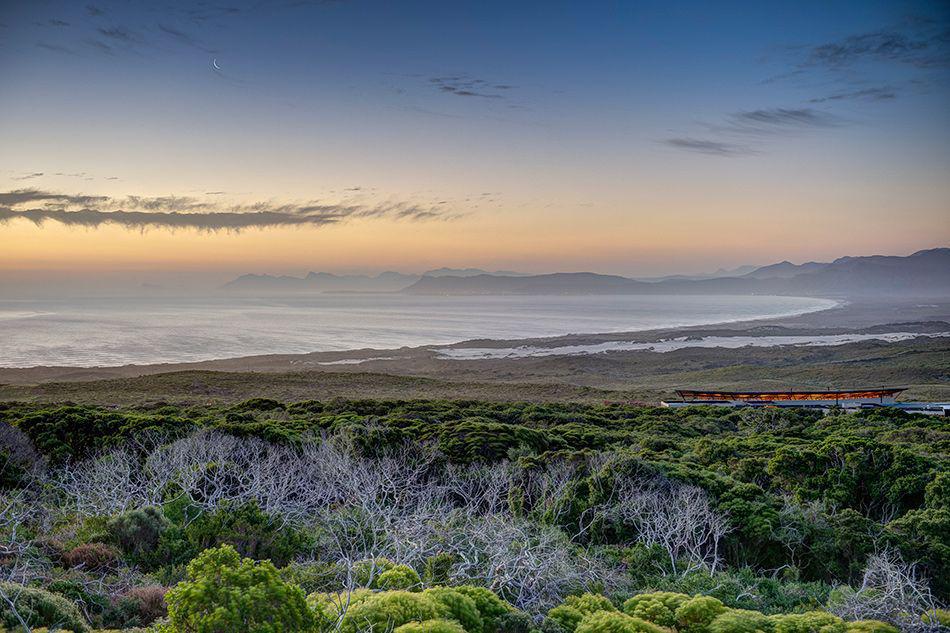
Among the top fifty published here, 30 are part of Southern Destinations portfolio of Safari camp partners. They have made the list for their far-reaching efforts towards ecotourism in Africa. This includes blending in with the surroundings, leaving a low carbon footprint, disposing of waste in an environmentally friendly manner, low-impact on species habitation, and a balanced socio-economic partnership with staff and locals.
Colin co-authored the book together with long-term environmentalist partner, David Bristow and it takes a serious look at sustainable development, separating out the hubris of ‘green washing’, as they call it, from the serious conservation minded businesses. In addition to the list, they go into great detail about the state of the planet. The facts are sobering.
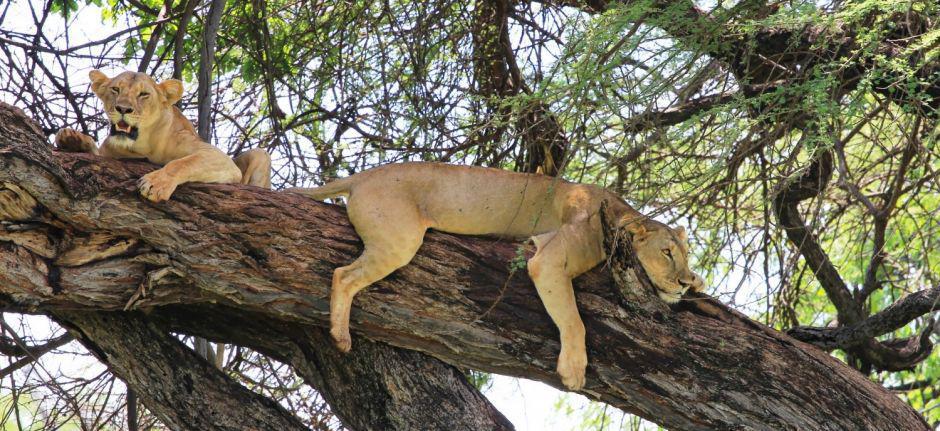
In their lifetimes the decrease in wild animal populations has been scary. The lion population is 5% of what it once was, tiger numbers are similarly depressed, cheetahs do slightly better at 20%, though this means some 12,000 animals are left in the wild. Elephants have fared better, with 600,000 reckoned to roam the planet, half of their original number however. The human species, on the other hand, has tripled and it is they – you the reader – who have had the greatest impact on the delicately balanced eco system.
But their project goes beyond the numbers. It recognises that the top 10%; the wealthiest travellers who are typically visiting these camps. Their room rates are sometimes more per night than the monthly salaries of several staff. And, lets be clear, in some of these camps there are several staff to serve each guest. What goes on behind the scenes of five star service came under close scrutiny of the surveyors. To them, the working environment and prosperity of the local staff was equally important.
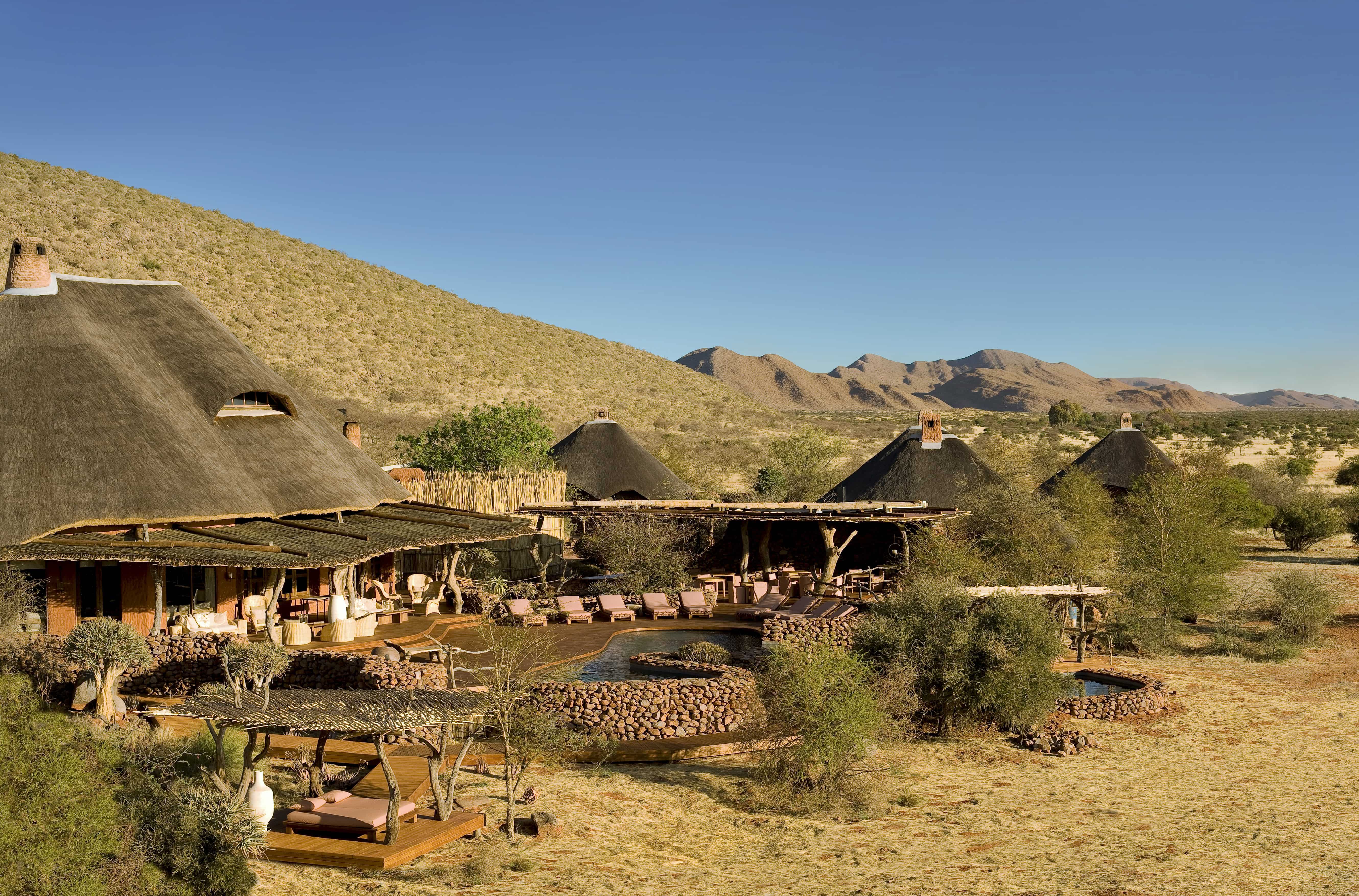
Despite this crusade, there was a measure of ethics involved. While several examples of reprehensible camp management and practices were outlined they were careful not to name and shame any particular camp. Those that were particularly good at a particular practice were mentioned. They didn’t set out to place the industry under the microscope, but merely to raise awareness of the issues in the hope that camps will raise their standards and guests will come to appreciate the importance of preserving environments by taking a moral stand and giving the sustainable camps favourable consideration in their choice of safaris.
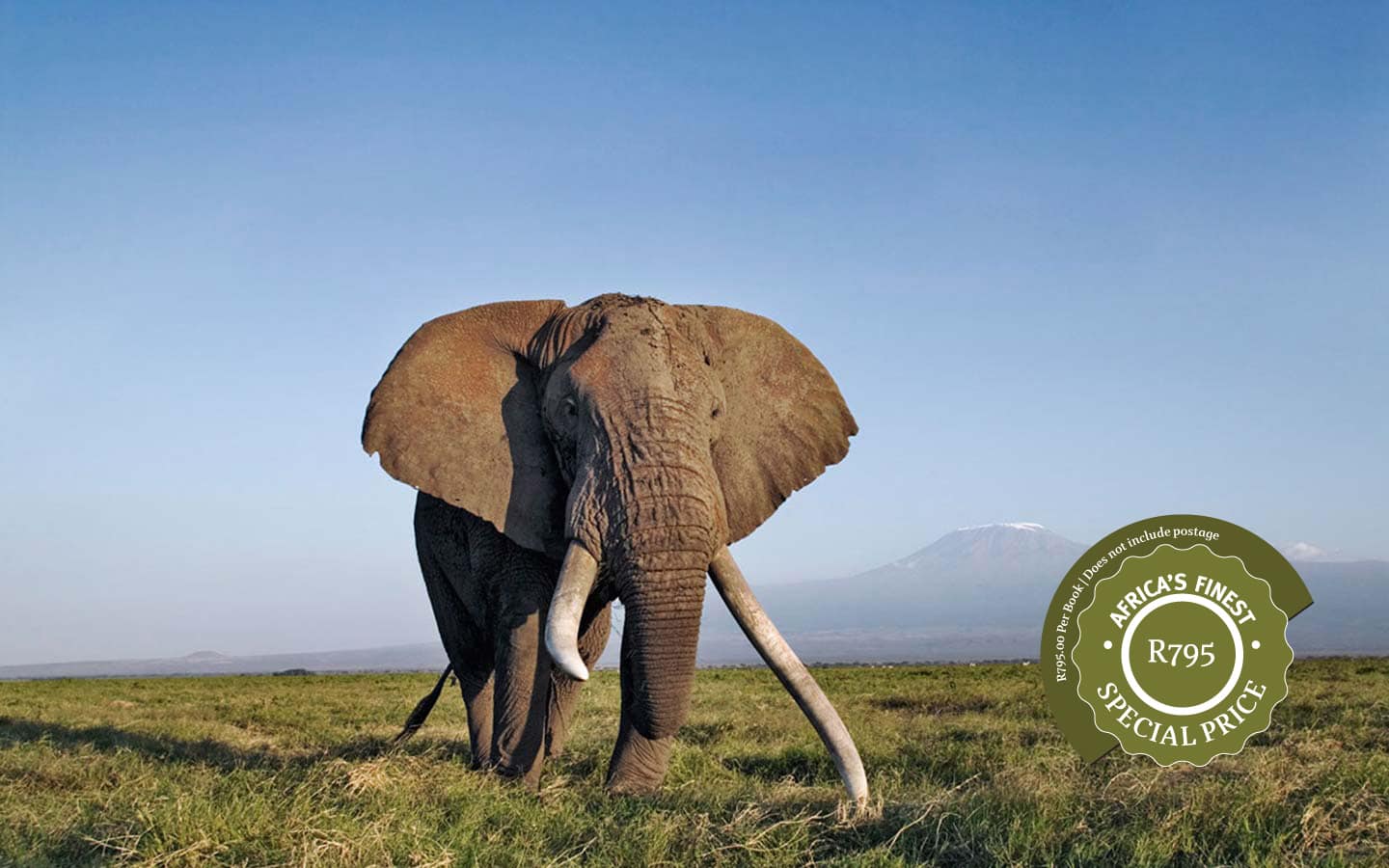
While many safari operators are making ‘convenient’ efforts towards sustainable usage of the tourist dollar, these environmentalists made it their job to create a hallmark of excellence for an industry that has such a high-profile role to play in protecting our dwindling species.
The book can be ordered on: http://africasfinest.co.za/buy-the-book/
(special price $75 excluding postage)
For more information on Africa’s Finest please visit: http://africasfinest.co.za/
